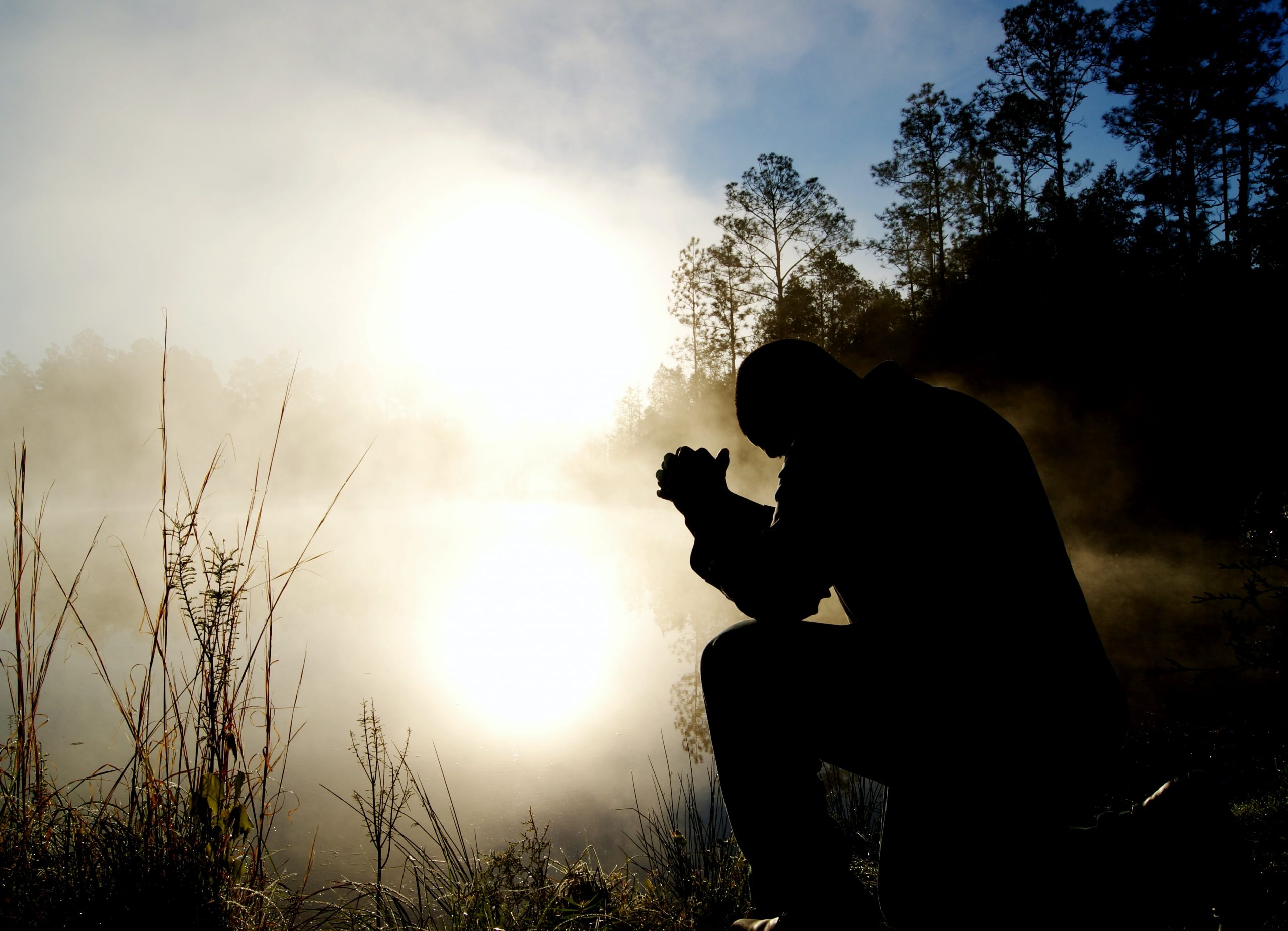I never set out to write on sexuality, God knows. But so many women in their twenties wept in my counseling office (and I, with them) about sexual experiences they regretted, I had to pick up a pen. I never expected, though, that study and writing on sexuality would crack open a new window for me, personally, into the goodness of God.
I stumbled into the world of body-and-soul theology unaware. I was a Gnostic in a culture now gone thoroughly so, with my own little meat cleaver that cut off the soul from the body. After all, the body was something God only tolerated reluctantly until one could get around to prayer or something more spiritual. This sort of Gnosticism is actually quite attractive. It puts me—or you—in the center, in control of our choices about what we do with said bodies.
Sexuality and spirituality are the two bookends of our existence, pure and simple. So if you start to explore what it means to be created male or female—God’s good creation—you are essentially laying out a 1000-piece puzzle on the dining room table. And piece after piece after piece will lead you to God.
The person who brought the church’s historic, orthodox teaching on what would be called “body and soul theology” into clearest focus in the past century is the late Pope John Paul II. He said, “The body…and it alone, is capable of making visible what is invisible: the spiritual and divine. It was created to transfer into the visible reality of the world the mystery hidden since time immemorial in God, and thus to be a sign of it.”
Did you get that? Your body—meaning your sexuality and gender, your longings and your loneliness—teach you about God. You learn through your physical being what you can’t necessarily learn in a book. You experience it and then come to understand more. All of which is to be reminded that Christian spirituality is, at its heart, Hebrew and not Greek. Discipleship is not an exercise of the mind. God became flesh and dwelt among us. He took on a body like ours. After eleven chapters of intricate doctrine in Romans, these are Paul’s first words about concretely becoming a disciple of Jesus: “I urge you by the mercies of God to present your bodies as a living sacrifice, holy and acceptable to God.” (Romans 12:1) It’s not just your soul going through the door of faith. It’s body and soul, always, or we are not followers of Christ.
Let me share a few things that brought (and bring) such a “wow” inside of me. Just wow. I think the most wonderful insight has been the understanding that the sexual experience itself between a man and a woman is a nearly exact replica of the emotional reality that you and I most value with the Lord. God knows us as we really are…and still loves us. It’s unthinkable, really. And that’s the drama that a man and woman enact every time they come together, no matter how ordinary the event might seem. Faithful married love means someone knows you in the flesh as you are—and still receives you. Your body leads you into an understanding your soul recognizes as truth.
Or I think of the wisdom of the physiology God has built into the way a couple bonds in the early stages of marriage. They experience an elevated level of hormones coursing through their bodies—a “romance cocktail.” Physiologically, they are being bonded together in a deep, mysterious attachment because that’s what a couple must have to weather the storms of life. It’s why your husband’s face is the first one you look for in a crowd, even though you hate his haircut. How good of God.
Doesn’t it make sense why God never intended us to waste the sexual experience outside marriage? Are we not all, married and single, moving toward our ultimate consummation with the Lord?
Every couple of years, I read a few verses every day of the first three chapters of Genesis and ask two questions: What do these verses tell me about God? What do they tell me about men and women and what we need from each other? I draw a line down a sheet of paper and simply record what I see. I am always amazed.
What does it mean, for example, that Adam was given the responsibility of naming the animals? Why was Eve taken from Adam’s side—and then the New Testament instructs a man to love his wife as he would love his own body? How does the gospel hold the possibility of living without (or with less) shame and fear in a relationship? I have taught these passages to women in remote villages in Slovakia who had no background in the Bible, and they shared insights that never occurred to me. There is so much body-and-soul reality in these creation passages. You and I live it every single day.
Or I think of the unusual words you find in Hebrews 10. “Since we have confidence to enter the holy places by the blood of Jesus, by the new and living way that he opened for us through the curtain, that is, through his flesh…let us draw near with a true heart in full assurance of faith, with our hearts sprinkled clean from an evil conscience and our bodies washed with pure water.” Somehow, some way, the blood of Jesus washes clean not just my conscience, but my body. Our bodies have been places bodies weren’t meant to be, soiled and stained, bruised and broken. The blood of Jesus scrubs our bodies clean. That is extraordinarily good news in our day.
What your body teaches you about God is a subject worth exploring the rest of your life. The current push for gender transition, “trans ideology,” will force us, as Christians, to revisit and deepen our understanding of the body, as God’s creation, full of meaning and purpose. We do not create ourselves. The notion that we are what we feel ourselves to be fits no Christian understanding of what it means to be human. The only thing strong enough to free me from bondage, to help me love myself in the body I am in….is the love of Jesus poured out for me in His body on the cross.
The love of God offers us the integration of body and soul, of being created male or female in a multi-textured dimension no psychological approach can duplicate. Or in the words of the old catechism every five-year-old learned by heart a mere century ago, “I am not my own, but I belong, body and soul, to my faithful Savior, Jesus Christ, who loved me and gave Himself for me.”
Paula Rinehart, and her husband, Stacy, spent 25 years with The Navigators, serving in Oklahoma, Texas, and Colorado. Paula is a marriage and family therapist and the author of Sex and the Soul of a Woman, Zondervan. Stacy directs MentorLink, a leadership training ministry that serves the church in parts of the world where the church is growing rapidly. They have seven grandchildren, and they live in Raleigh, NC, where, after thirty years, they still do not drink sweet tea.







